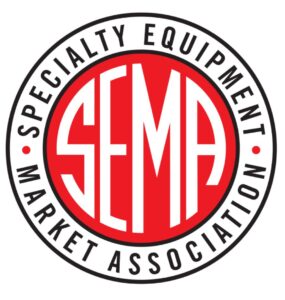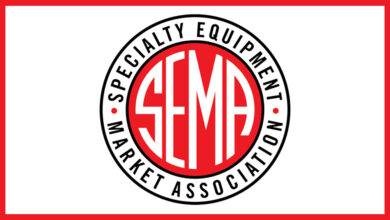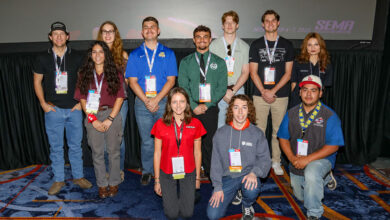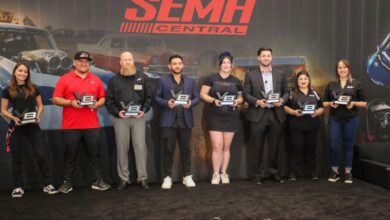SEMA, NTEA File Suit Against CARB Advanced Clean Fleets Regulations
The organizations believe in a technology-neutral approach to lower work truck emissions...
SEMA and NTEA – The Work Truck Association have filed suit in the U.S. District Court’s Eastern District of California against the California Air Resources Board (CARB), seeking immediate declaratory and injunctive relief to stop electric vehicle mandates CARB intends to implement through its Advanced Clean Fleets (ACF) regulations.
The organizations contend that CARB’s actions exceed California’s state statutory authority and will have “a dire effect on an industry that historically has led the way toward cleaner, safer vehicles through innovation and ingenuity.”

CARB’s ACF regulation includes requirements that only zero-emission vehicles (ZEVs) may cross within California’s borders, regardless of which state the vehicle was purchased or registered. Vehicles covered by the regulation include everything from heavy-duty tractors with sleeper cabs to work trucks, pickup trucks and light-duty package delivery vehicles, according to a press release outlining the suit.
Interstate motor carriers and others who do not own CARB’s vehicle of choice would be barred from operating within the nation’s largest single-state economy. The issue is currently under consideration by the U.S. Environmental Protection Agency, whose waiver is necessary for the state to proceed.
SEMA and NTEA filed the lawsuit on behalf of their members who own and operate fleets of vehicles regulated by the ACF regulations, or manufacture, market, and sell specialty vehicles, trucks, and automotive aftermarket products that may become obsolete in California and other markets if CARB is allowed to proceed in decreeing an end to internal combustion engine vehicles.

“The overreach of California has forced the hand of the automotive industry, making this legal action necessary to protect the interests of the thousands of automotive aftermarket companies whose $337 billion annual economic impact helps drive our nation’s economy,” said Mike Spagnola SEMA president and CEO.
The lawsuit highlights unprecedented necessity due to the significant overreach the ACF regulations represent, far exceeding California’s constitutional and state statutory authority, the release states. The regulation furthermore will undermine, rather than foster, the innovation borne of the automotive aftermarket industry that has historically generated many groundbreaking solutions to cleaner, safer motor vehicles, the organizations believe.
“Ultimately, work trucks must be available, capable and affordable. It is important to reach this desired outcome using a sensible and cost-effective approach so our member businesses can continue to build and supply the vehicles that are essential for commerce,” said Steve Carey, NTEA president & CEO. “Left unchecked, the current suite of California regulations will hurt the ability of work trucks users to efficiently carry out their vital missions and support ongoing business operations.”
Neither SEMA nor NTEA are anti-EV, the release noted; rather, the organizations “are steadfast in their shared belief that a technology-neutral approach is the best way to achieve lower vehicle emissions.”



